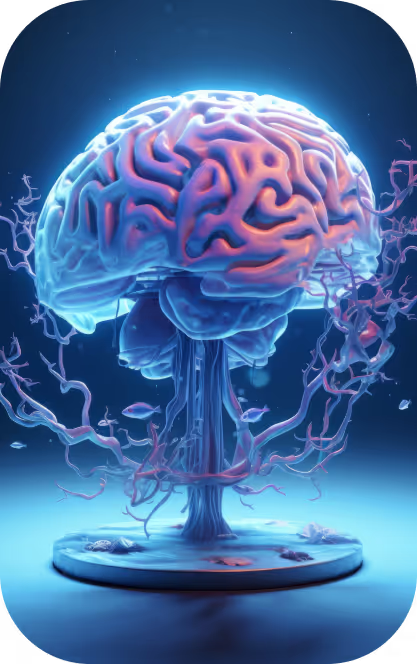Artificial Intelligence and Collective Memory: Between Archive and Forgetting


In the digital era, memory is no longer anchored solely in the human mind. It has been externalized and outsourced—to algorithms, to cloud infrastructures, to ever-expanding machine learning models. Where memory once depended on personal recollection and cultural transmission, it now increasingly resides in technological systems that store, retrieve, and generate knowledge on our behalf.
This shift has profound implications. In a world where “nothing is forgotten,” we are faced with a paradox: the more we remember, the less we reflect. Continuous accumulation risks turning memory into noise, and knowledge into data saturation. When every post, message, image, and model is preserved indefinitely, we risk losing the very essence of what makes memory meaningful: context, relevance, and discernment.
From a noospheric perspective, memory must be understood not as endless storage, but as a moral and cognitive function. It is not the quantity of what is remembered that matters—but the quality of how we choose, structure, and make sense of it. Noospheric memory is active: it selects, curates, forgets, and transforms. It is always linked to a vision of the future.
Artificial intelligence now plays a central role in this evolving ecosystem of memory. Language models and AI systems are trained on the totality of our cultural artifacts—articles, books, conversations, code. They do not just store our past; they learn from it, extend it, remix it. They become, in effect, editors of collective memory, shaping what knowledge becomes visible, accessible, and reconfigurable. They may lack consciousness, but they are mechanisms of cultural continuity—and discontinuity.
This raises urgent ethical and philosophical questions:
– What should we allow AI to remember?
– What should it be designed to forget?
– Who curates the past that future AI systems will inherit?
These questions are not only technical. They concern our collective identity. If AI becomes the primary interface through which we access history, knowledge, and meaning, then its architecture of memory will directly shape the evolution of human consciousness.
In this sense, artificial intelligence must not function merely as an archive—a passive, neutral repository. It must become a partner in the formation of a coherent, ethical, and forward-looking noospheric identity. This requires us to embed not only filters and fact-checkers into our systems, but intentionality, silence, and even forgetfulness. For memory without forgetting becomes stagnation, and knowledge without selection becomes weight.
Ultimately, we must ask ourselves: What kind of mind are we building with AI? What aspects of humanity do we wish to encode, preserve, and carry forward? And what are we willing to release—to make space for something new to emerge?
In a truly noospheric future, artificial intelligence will not just remember on our behalf—it will help us remember who we are, and who we still might become.










